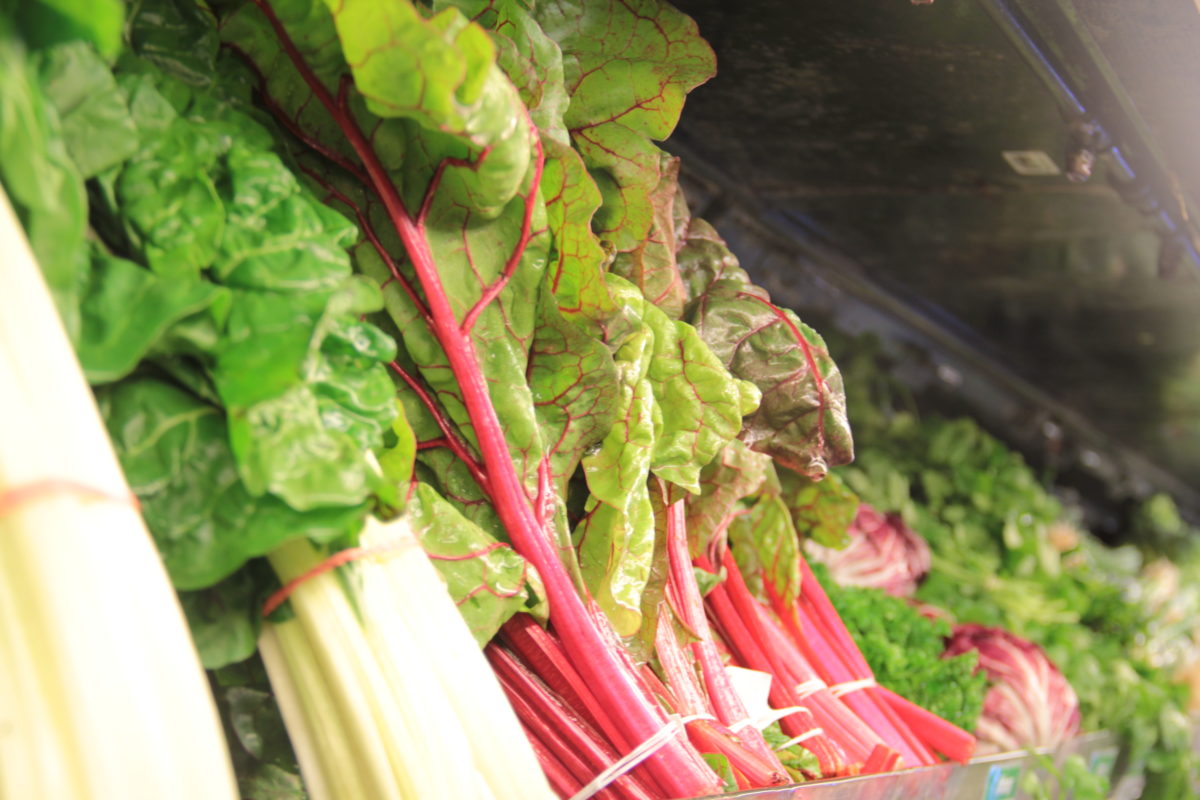
St. Thomas University Students’ Union and Community Food Smart are trying to make the monthly $15 food bag more accessible and student-friendly, after being in place on campus for a little over a year.
The Community Food Smart program, and its potential expansion to College Hill, provides students with a bag containing 15-30 pounds of fresh produce for much less than they would normally pay.
“The packing site is located on the north side so it makes it difficult to organize bringing the bags to campus for pick up,” said Brianna Matchett, STUSU vice-president student life.
“We are looking at partnering with NBCC and the UNBSU to find a place on campus to pack the bags, so we can increase the number of students who are using the program.”
Having the packing site located on campus will give students an opportunity to volunteer and learn about food security.
Every month the bags contain apples, oranges, bananas, potatoes, onions and carrots, but some students don’t have any use for the root vegetables.
Matchett said that STUSU wants to provide food that useful and relevant to the students.
“We are in talks about developing a student bag which would feature more fruit, and may only cost $10 as opposed to $15,” said Matchett.
In the past, students missing the payment deadlines caused them to miss out on the monthly bag, but this year students have the option to purchase their bags in advance.
“Now we are offering students the ability to buy a semester’s worth of bags at a time,” said Matchett. “For this semester it would cost a student $45.”
Instead of buying food from the grocery store at a mark-up, Community Food Smart buys the produce directly from the supplier at a reduced price.
“The bag only costs $15, but if you were to go to the grocery store and recreate the bag using their prices, it would cost between $37 and $45,” said Matchett.
Nicole Bouvier, a student at STU, has been purchasing the bags since the last school year.
“They’ve introduced me to produce that I wouldn’t have normally tried,” said Bouvier. “When the bags include a seasonal item or a special item, it will come with a recipe or tips for how to use it.”
Bouvier said that because she didn’t have a car last year, it was really convenient for her to get her bag delivered to campus and be able to pick it up there.
The Community Food Smart program is not only for students. They also work with food banks, multi-cultural associations, health clinics and other similar groups.
